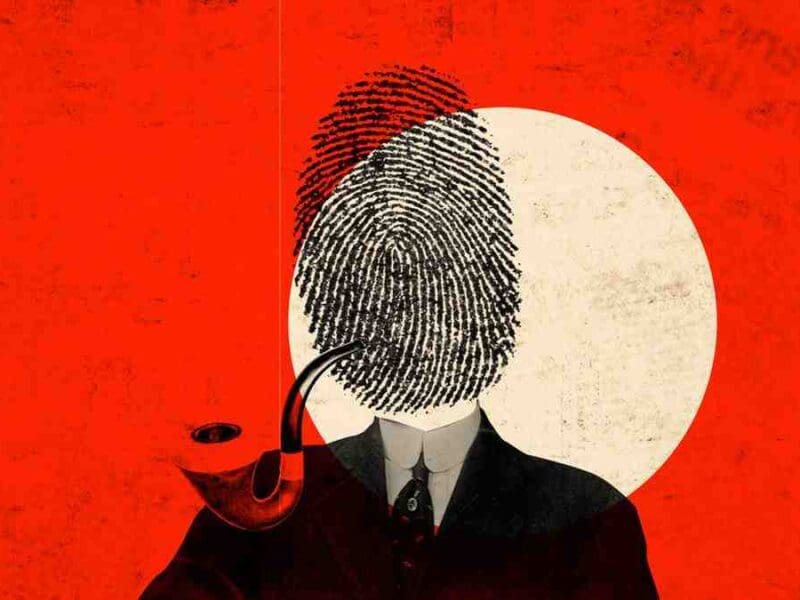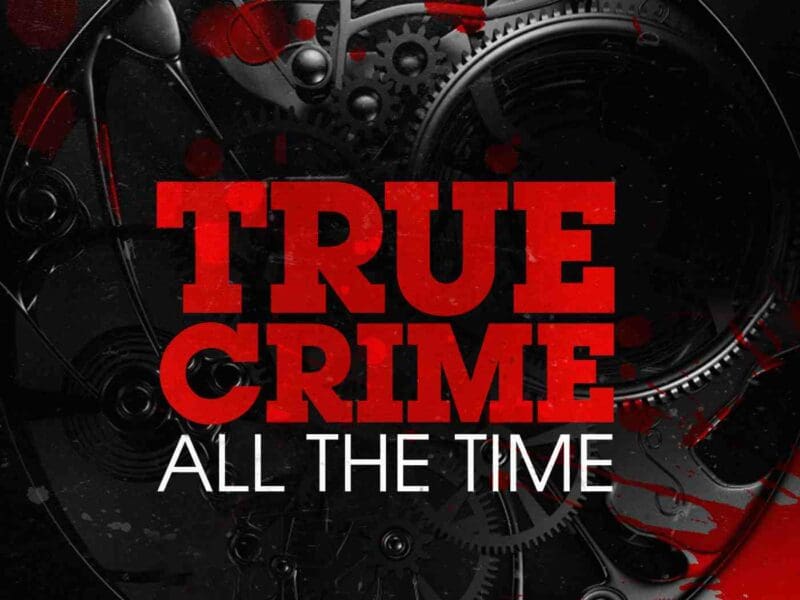
What should I do if I am falsely accused of a crime?
It may sound like the plot line from a soap opera, but plenty of real people experience false criminal accusations. It may sound like the plot line from a soap opera, but plenty of real people experience false criminal accusations. Being accused of a crime you didn’t commit can turn your entire world upside down.
Your life and liberty will be in jeopardy, whether you are being charged with a misdemeanor or felony. It is imperative you prove your innocence before accusations turn into a conviction as having this on your record can destroy your career and your livelihood.
How Common Are False Accusations?
Roughly 20,000 people in prison were falsely convicted of their crimes, according to estimates. False accusations mostly happen with murder, drug crimes, and sexual assault.
If you wonder how these things can happen, think of a rape in a dark alley where a victim describes her assailant. The police pick up a person in the area that matches that description. However, while that person may be similar in build and skin tone, all it takes is a heated jury to lock him up and throw away the key.
You see scenarios like this with murders, assaults, and other crimes on TV and in the movies. When it happens to you, you must act quickly or there will be no happy ending.
Steps to Take After False Allegations Are Made Against You
Follow these steps to prevent false allegations from earning you a conviction that tarnishes your reputation and your future.
Retain a Lawyer
Before you do anything else, contact a Prince William County criminal lawyer immediately. Ideally, you should do so as soon as you get wind of being a suspect in a criminal investigation. Only a defense attorney will know how to help develop an aggressive defense strategy to fight for your justice.
Gather Crucial Evidence
Now with a skilled attorney on your side, work with them to help collect any evidence that may cast reasonable doubt upon the allegations or pending charges. Depending on the alleged crime, this may be physical evidence such as photos, videos, or clothing.
Your cell phone records and GPS can also provide proof of where you were at the time of the crime. Emails, receipts, financial records, and other documents may additionally be useful. Your attorney will ask you questions to help determine what could be used to clear your name. Witnesses are also crucial, though in criminal cases, they may be harder to convince to come forward.
Stay Silent
You have the right to stay silent and your attorney will surely remind you to exercise this right. Do not speak to the police and let your lawyer handle all discussions. It’s only natural to want to yell, “I didn’t do it!” Yell all you want, but they can potentially use anything you say against you in court. Talking to the police without your lawyer present can only dig you deeper into this hole.
Never speak to the media either. Let your attorney handle them if the news crews come around.
Do Not Try to Reach Out to the Victim
It may work on the big screen, but in real life, contacting the victim to try to clear things up or find out why they’re accusing you just makes you look worse. The prosecution will claim you’re harassing the victim or trying to pressure them into changing their statement. This can harm your defense and may lead to a conviction on your charges.
When you are being falsely accused of a crime, let your defense attorney lead the way. They will help craft a strong defense to protect you from conviction and set you free.







